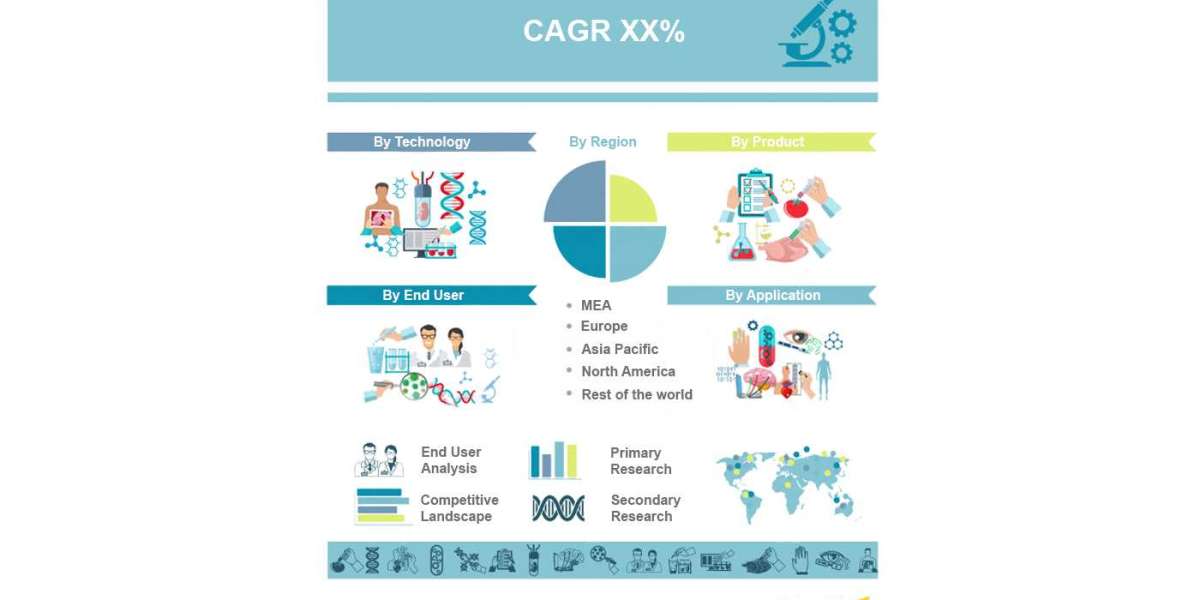In the vast expanse of the digital realm, every click, every scroll, and every interaction leaves a digital footprint. At the heart of this intricate web lies the concept of IP location, a fundamental element that not only shapes our online experiences but also holds significant implications for privacy, security, and commerce. Join us on a journey as we unravel the mysteries surrounding IP location and explore its multifaceted role in the modern digital landscape.
Deciphering IP Location
IP location, at its core, refers to the geographical information associated with an IP address. This information encompasses a range of details, including the country, region, city, and even the latitude and longitude coordinates of the device connected to the internet. By analyzing this data, one can pinpoint the physical location of an internet-connected device with remarkable accuracy.
The Significance of Knowing
The importance of IP location extends far beyond mere geographic trivia. It serves as the foundation for a multitude of applications and services that shape our online experiences:
Personalization and Localization: From tailored advertisements to region-specific content, IP location data enables businesses to deliver personalized experiences that resonate with users on a local level.
Security and Fraud Prevention: By identifying the geographic origin of online activities, IP location data helps detect and mitigate security threats, ranging from account takeovers to fraudulent transactions.
Network Optimization: Internet service providers leverage IP location information to optimize network routing, minimize latency, and ensure efficient data delivery across global networks.
Geographical Insights: Researchers and policymakers utilize IP location data to gain valuable insights into internet usage patterns, digital divides, and regional disparities in online access and infrastructure.
Unveiling the Methods
The process of determining IP location is a fascinating blend of technology and data analysis. Several methods are employed to ascertain the geographic coordinates associated with an IP address:
Geolocation Databases: These repositories of IP address mappings provide a wealth of information about the geographic location of internet-connected devices, drawing from diverse sources such as ISPs, public records, and user submissions.
GPS and Mobile Data: Mobile devices equipped with GPS capabilities offer precise location information, which can be correlated with IP addresses when connected to cellular networks or Wi-Fi hotspots.
Wi-Fi Positioning Systems: Wi-Fi networks, with their unique identifiers and signal strengths, serve as virtual landmarks that can be used to triangulate the position of nearby devices, thereby inferring their IP location.
Reverse DNS Lookups: By examining the domain names associated with IP addresses, reverse DNS lookups provide valuable clues about the geographic location of internet hosts and servers.
Navigating Ethical Waters
While IP location data unlocks a world of possibilities, it also raises ethical and privacy concerns that must be addressed:
Privacy Considerations: The collection and use of IP location data raise questions about individual privacy rights and the need for transparent data practices that safeguard personal information.
Accuracy and Reliability: While IP location technologies have advanced significantly, they are not infallible, and inaccuracies or discrepancies may arise, particularly in cases of dynamic IP assignment or network proxies.
Ethical Usage: Organizations and individuals that leverage IP location data must adhere to ethical guidelines and legal frameworks, ensuring that data is used responsibly and in accordance with user expectations.
In Conclusion
As we navigate the ever-evolving landscape of the digital age, IP location remains a cornerstone of our online interactions. From personalized services to security safeguards, its impact reverberates across industries and continents, shaping the way we connect, communicate, and collaborate in the digital realm. By understanding the intricacies of IP location and embracing ethical principles, we can harness its power to enrich our online experiences while respecting the privacy and dignity of individuals worldwide.



